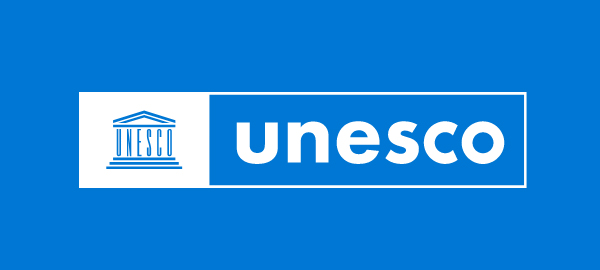UNESCO urges regulation of AI in education
The guidance aims to help policymakers and teachers navigate the potential of AI for the primary interest of learners.

UNESCO has released a guidance that calls for governments to quickly regulate Generative AI in schools. These guidelines place a strong emphasis on the role of governmental agencies in regulating this technology, with a specific focus on safeguarding data privacy and implementing age restrictions for users.
However, UNESCO’s guidance document also raises important concerns about the unchecked proliferation of GenAI. It highlights the pressing need to strike a harmonious balance between AI-driven learning and the preservation of traditional educational methods that emphasize real-world observations, hands-on experiences, and intellectual interactions with peers. UNESCO’s guidelines serve as a resounding call to action, urging nations to safeguard the integrity of education and protect the rights of teachers, researchers, and learners in an era increasingly dominated by AI-driven educational tools.
Why does it matter?
A considerable number of educational institutions worldwide are currently either in the midst of developing guidelines or contemplating the most effective means of overseeing the implementation of AI within the realm of education. This dilemma raises a complex question: Should AI be prohibited, and if not, how should it be regulated?
What is undeniably apparent is that upholding academic integrity in an era characterised by swiftly advancing technology presents an ongoing challenge. One potential approach, rather than outright banning the utilisation of such programs, is to shift the focus towards assisting academic faculty and students in utilising digital tools as educational aids, harnessing their benefits effectively. UNESCO’s guidelines have a clear aim: to tackle these issues head-on and provide valuable support to policymakers and other stakeholders in their efforts to effectively address these dilemmas.
